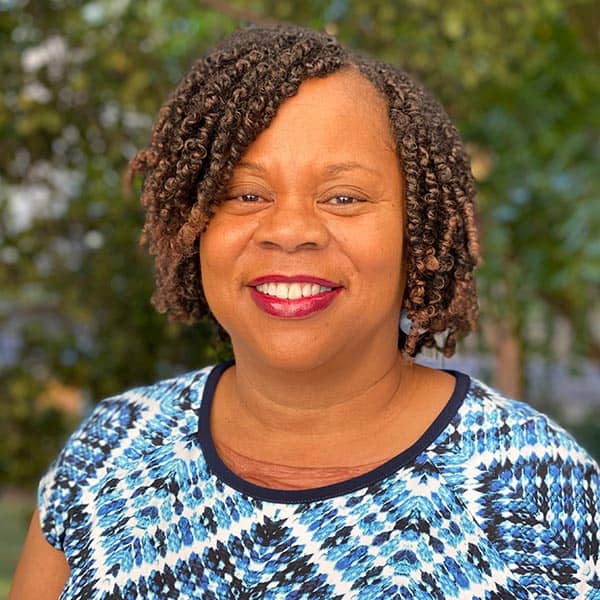Certificate in Child Development (Pre-degree)
18 Credits | Main Campus
Preparation to work with children birth to age eight in a little as three (3) semesters.
This program provides the 120 coursework hours toward a Child Development Associate (CDA®) credential, assignments as artifacts for a Professional Portfolio, and is a bridge to the Associate Degree in Early Childhood Education (ECE) at Trinity.
Earn a Certificate in Child Development that will help prepare you to work with children from birth through age eight. Coursework will cover how childcare centers, schools, and families interact to influence development and learning, the fundamentals of how young children learn, strategies to help early learners acquire language and literacy skills, and techniques for observing and assessing a child’s growth.
Gaining a professional certificate from an accredited university can advance your career and put you a step closer to earning a degree! Trinity has small class sizes for individualized attention, and faculty teaching foundational knowledge in an applied format, integrating students’ work and life experiences with the course information.
Trinity’s faculty have extensive experience in the early childhood field and our courses are designed to provide you with content immediately applicable to your work with young children. Embedded course assignments and activities are designed to build your professional CDA portfolio.
This certificate program is recognized as a Gold Standard level CDA preparation program with the Council for Professional Recognition (the issuing organization of the CDA). Trinity is the only college/university in the DC region to hold this recognition!
All courses can be applied towards an Associate of Arts (AA) Degree in Early Childhood Education (ECE) at Trinity Washington University. Start with your Certificate today and seamlessly move onto an associate, bachelor’s, or even a master’s degree program for more career opportunities. See below for direct links to these degree programs!
If you already have a current, valid CDA certificate, you should consider the Associate Degree in ECE program linked below.
What You’ll Learn
This program provides the 120 coursework hours toward a Child Development Associate (CDA®) credential, assignments as artifacts for a Professional Portfolio, and is a bridge to the Associate Degree in Early Childhood Education (ECE) at Trinity.
Global Careers
- Childcare Center Assistant Teacher
- Public Charter School Assistant Teacher
- Home (and Associate) Caregiver
- Childcare Center Classroom Support Staff (e.g., Floating Teacher, Substitute)
- Residential au pair, nanny, or co-op program staff
- Out-of-School Time (before- and after-care) Program Staff
- Early Childhood Tutor
Associates Degree
Early Childhood Education
Bachelor’s Degree
Early Childhood Education
Bachelor’s Degree
Early Childhood Community Education
Applying to the Certificate in Child Development (Pre-degree) Program
Applying to Trinity is free, and Trinity reviews each application as soon as it is complete: you’ll get our decision right away.
We’re here to help at 202-884-9400 or admissions@trinitydc.edu.
Applying to Trinity’s School of Professional Studies
Applying is a five-step process:
- Apply to Trinity using the online application
- Submit One (1) Letter of Recommendation
- Submit Official Final Transcript(s) or GED certificate – International Transcripts must be evaluated prior to submission
- Submit an Essay: What unique qualities, experiences, or perspectives would you bring to the Trinity Washington University community
- Once your application is submitted, use your log-in credentials to check your status
Requirements
- High school completion of 10 years or more with demonstrated work experience may submit diploma or GED certificate
- International Students must adhere to International Student Checklist
- Military Students & Family members must complete Veterans Benefits Checklist
- Priority Admission Given to applicants with a minimum cumulative grade point average of 2.0 (on a 4.0 scale)
- Students may apply for credit in experiential learning through program faculty.
- Transfer credits may be accepted toward a major if courses are equivalent to the program of interest.

